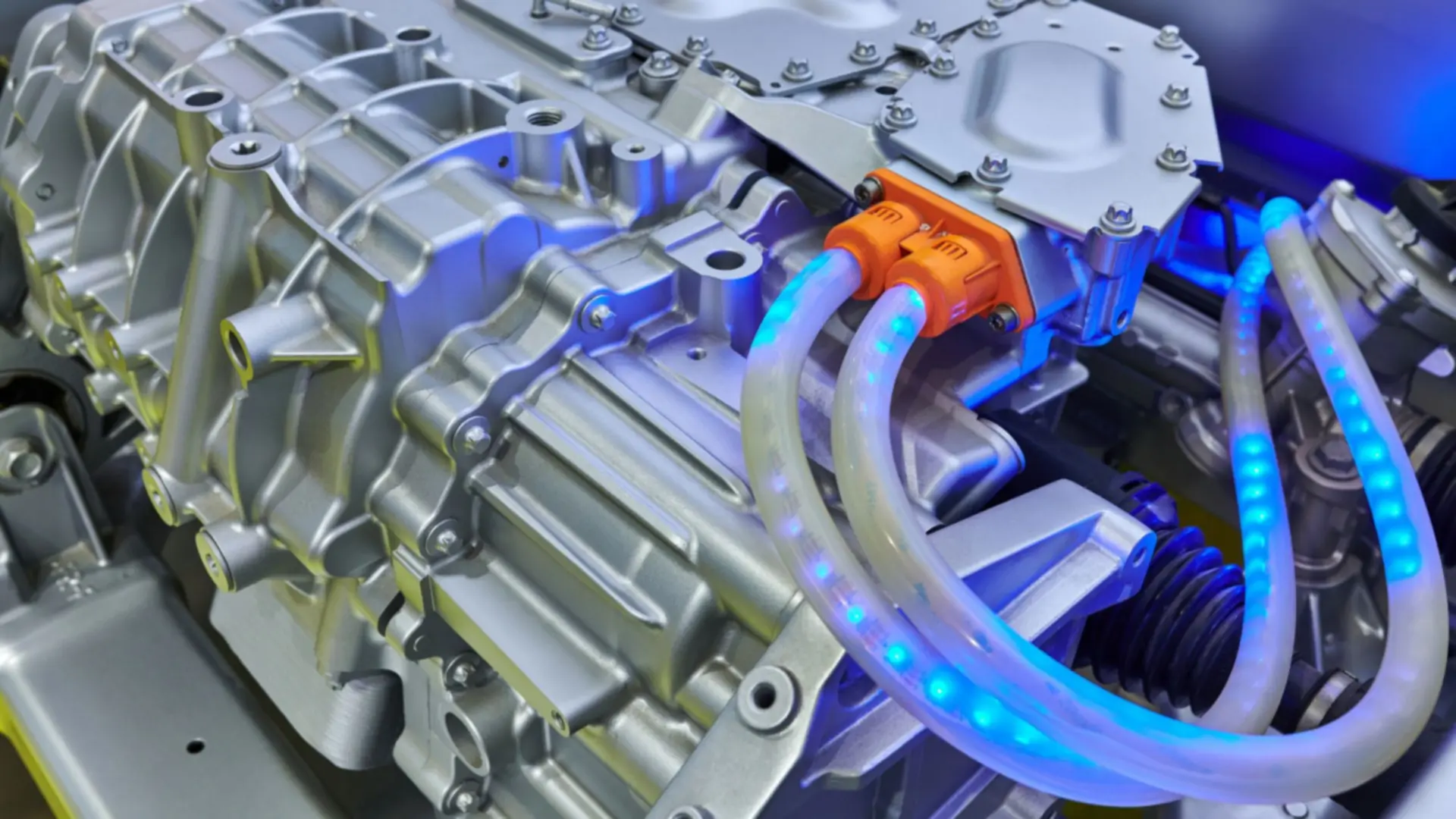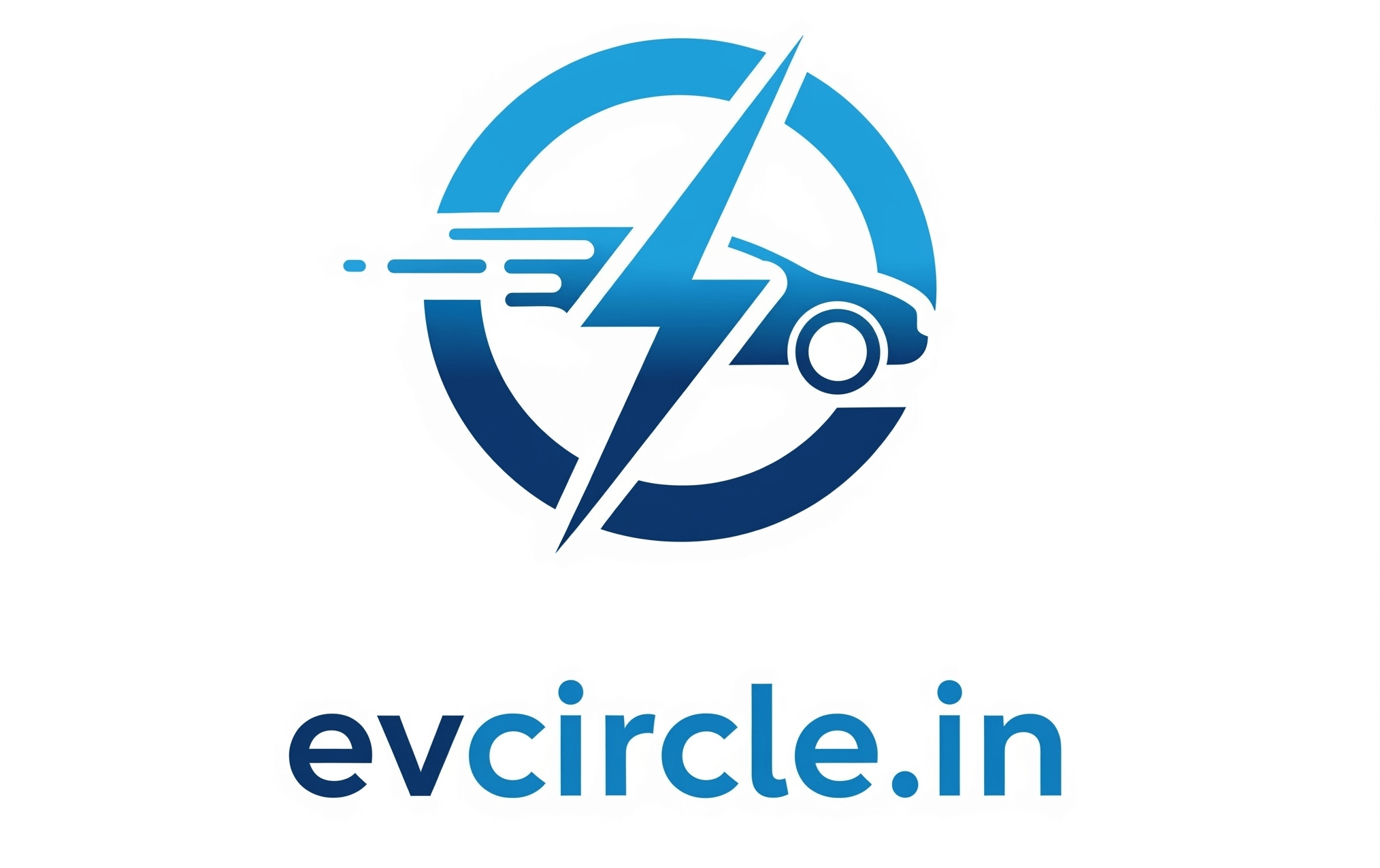
Shell Lubricants has revealed the creation of a high-performance thermal management fluid for electric vehicles (EVs). In laboratory conditions, the fluid allowed a battery pack to be charged from 10% to 80% state of charge in under ten minutes.
“Immersion cooling enables smaller, lighter, batteries capable of up to five times more range addition than typical BEVs, whilst using the existing charging network,” said the company in a press release.
The innovation targets consumer worries about charging time, which has been cited as a major obstacle to EV uptake by more than 44% of non-EV drivers in key automotive markets.
In collaboration with automotive innovation firm RML Group, Shell tested a 34 kWh battery pack to showcase the fluid’s performance. The company estimates that this charging pace, when applied to a future, highly aerodynamic vehicle achieving 10 km/kWh (about 6.2 miles/kWh), could provide as much as 24 kilometers of range per minute of charging (14 miles/minute).
For comparison, a current leader in efficiency, the Lucid Air Pure, operates at roughly 8.04 km/kWh (5 miles/kWh).
Enhancing heat management
Thermal control is a core challenge in EV battery engineering. Fast charging produces significant heat, which can accelerate cell wear, shorten overall battery life, and in rare instances lead to safety concerns such as thermal runaway.
Traditional cooling systems frequently depend on cold plates that make indirect contact with cells, which can cause uneven temperature distribution.
Shell’s solution employs its new EV-Plus Thermal Fluid within an immersion cooling arrangement. This technique involves bathing the battery cells directly in the fluid.
The liquid, which is electrically non-conductive, occupies the gaps between cells, ensuring direct and even contact for heat transfer.
This enables more efficient and uniform temperature regulation across the entire battery pack, especially under the high stress of ultra-fast charging. The fluid is produced using Shell’s proprietary Gas-to-Liquid (GTL) Technology.
“Shell EV-Plus Thermal Fluids can help to significantly improve battery thermal performance, paving the way towards higher charging efficiencies, enhanced safety, convenience and cost-effectiveness— to support the widespread adoption of BEVs demanded by legislative initiatives around the world,” said Jason Wong, Global Executive Vice President, Shell Lubricants.
Reducing time spent at charging stations
This advancement comes as the global battery electric vehicle market keeps expanding, with sales increasing 14% in 2024 versus the previous year. That growth is driving demand for technologies that make EVs more practical for a broader array of drivers.
By cutting the duration at charging stations, the technology seeks to make owning an EV more akin to refueling a conventional vehicle.
“Our ambition within this project was to show how Shell EV-Plus Thermal Fluids can support significant reductions in charging time without compromising cell integrity and lifetime,” said Robert Mainwaring, Shell’s lead engineer on the project.
This effort builds on Shell’s background in adjacent areas, such as transformer oils and cooling fluids for data centers. The company suggests that effective immersion cooling could also permit simpler, more compact battery pack designs, potentially lowering complexity and cost.
Sustainability advocate with a keen eye on policies, trends, and real-world EV impact.

Leave a Reply